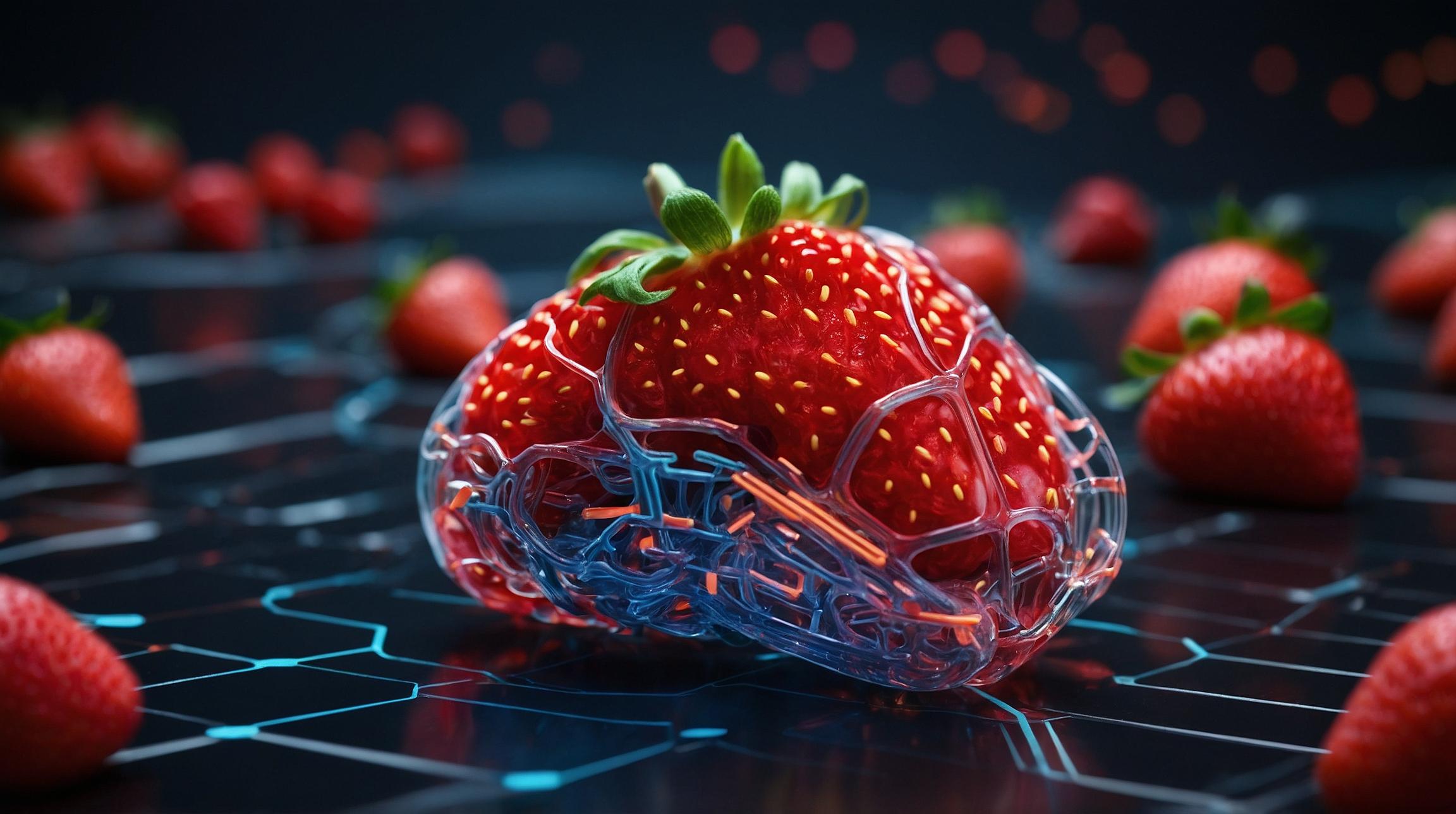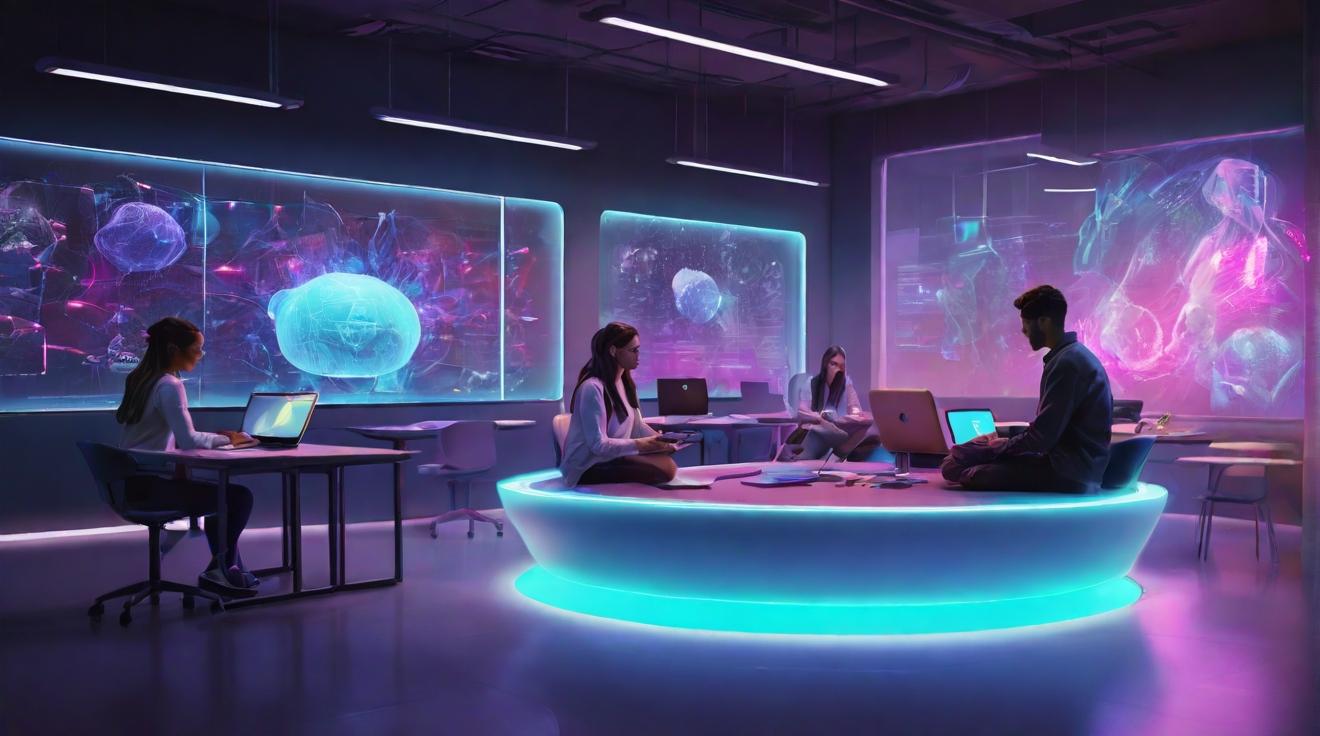Coco Robotics Establishes Physical AI Lab Led by UCLA Expert
Coco Robotics, a startup specializing in last-mile delivery robots, has announced the launch of a new physical AI research laboratory. The initiative will be led by UCLA professor Bolei Zhou, who has joined the company as chief AI scientist. This move aims to unlock deeper insights from the extensive data collected by Coco Robotics’ fleet over the past five years.
Leveraging Five Years of Data to Advance Automation
Since its inception in 2020, Coco Robotics has relied on teleoperators to assist its delivery bots in navigating complex urban environments. However, CEO Zach Rash emphasized that the company’s long-term objective has been to achieve fully autonomous operations to reduce delivery costs.
“We have millions of miles of data collected in the most complicated urban settings possible, and that data is incredibly important for training any sort of useful and reliable real-world AI systems,” Rash stated. “We’re now at the point where we have sufficient data scale where I think we can start really accelerating a lot of the research happening around physical AI.”
Bolei Zhou’s Appointment: A Strategic Fit
Rash described the decision to appoint Zhou as a straightforward one, citing the professor’s extensive research in computer vision and robotics with a focus on micromobility rather than full-scale vehicles. Coco Robotics had already been collaborating with Zhou, who has a strong track record in robot navigation and reinforcement learning.
Both Rash and co-founder Brad Squicciarini are UCLA alumni, and the company has contributed a delivery bot to UCLA’s research facilities. Zhou has begun recruiting top-tier researchers to join Coco Robotics, accelerating the development of their AI capabilities.
Distinct Research Lab Operating Separately from OpenAI Partnership
The newly formed physical AI lab functions independently from Coco Robotics’ ongoing collaboration with OpenAI. While the startup utilizes OpenAI’s models, the lab focuses on proprietary data collected by its robot fleet to drive innovation internally.
Data Utilization and Urban Infrastructure Insights
Rash clarified that Coco Robotics currently does not intend to commercialize the data or share it with competitors. Instead, the insights derived will serve to enhance the automation and efficiency of their delivery robots, particularly focusing on the local AI models that operate onboard.
Moreover, the company plans to share relevant research findings with municipalities to address physical obstacles and infrastructure challenges that impede robot navigation.
“Success for this lab really looks at us offering a higher-quality service at an extremely low price,” Rash explained. “How do we get our costs lower? How do we make this much more affordable for businesses and customers? I think that’s going to create a tremendous amount of growth in this ecosystem.”
FinOracleAI — Market View
Coco Robotics’ establishment of a dedicated physical AI lab under the leadership of a renowned academic represents a strategic investment in deepening autonomous delivery capabilities. The extensive dataset amassed over five years provides a robust foundation to refine AI models tailored for urban last-mile logistics.
- Opportunities: Accelerated AI research could significantly reduce operational costs and improve scalability of last-mile delivery.
- Technological edge: Collaboration with top researchers enhances innovation in robot navigation and reinforcement learning.
- Urban collaboration: Sharing insights with cities may facilitate infrastructure improvements benefiting autonomous mobility.
- Data exclusivity: Proprietary use of large-scale real-world data provides competitive differentiation.
- Market growth: Lower delivery costs could expand adoption among businesses and consumers.
Impact: This initiative is expected to have a positive market impact by advancing autonomous delivery technology and enabling cost-effective scaling in complex urban environments.













